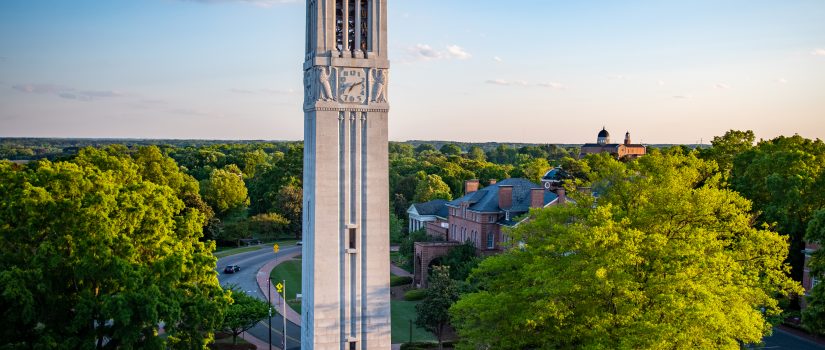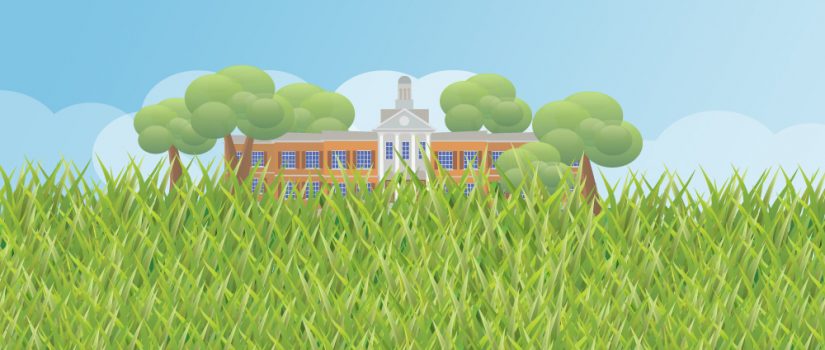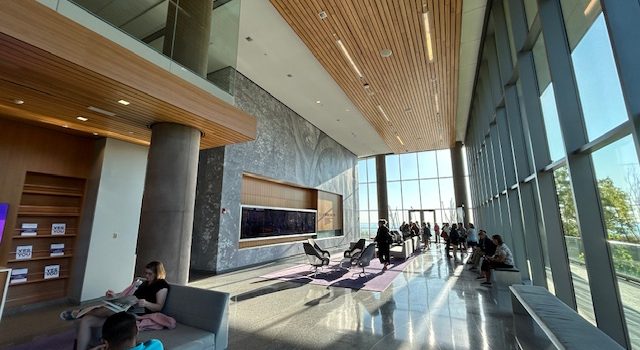Consider Public Universities that ‘Own’ a City and a College Town
Boston, Massachusetts has been historically called ‘America’s College Town.’ I won’t argue with the designation. But Boston might not be the best place for everyone to go to college. Some might find it too cold, too expensive, or too urban for their tastes. However, if you’re shopping for a college, you are probably getting ideas as to which cities could also be a “college town.” There is no one definition of a college town, so I want to help you compare their settings.
A college town can be a city like Boston that has many colleges.
While higher education is not the largest employer in these places, it is certainly an important one. Cities such as Boston, Chicago, Los Angeles, New York and Philadelphia are examples of these college towns. The college experience is not the only reason that college students settle in these cities. The excitement of the city is, and the opportunity to work in that city during college and after graduation might be, too. However, the housing in the larger, more business-oriented cities is likely to be quite expensive.
However, when there are more colleges in one city, then there is more competition for the good jobs among college students.
The students who attend the schools that are perceived as “more selective” or a “stronger brand: are at an advantage. Those schools, with few exceptions, are also private colleges. Further, the largest public institutions in cities such as Atlanta, Boston, Chicago, Cleveland, Detroit, New York and Washington DC also commuter schools that do not attract many residents from outside their cities.
A college town could be a community where a college is the major catalyst for the local economy.
State College, Pennsylvania, home of Penn State’s main campus, fits this description. So does Davis, California, home of UC-Davis, and so does Burlington, Vermont, home of the University of Vermont, and so do the University of Michigan and Michigan State..
These college towns offer a high quality of life for students and residents alike. I have never been to one that did not have a downtown shopping mix that was parent and student-friendly. Visit these college towns and you will find as impressive a selection of eating and drinking places as you will likely find in a trendy urban neighborhood . But unless one has something to do with the college there is usually little reason to go out of the way to visit these places. Graduates do not usually stay on to work in a college town like this, unless they open their own business.
Then there is a rare breed of public colleges that do a decent job at retaining and graduating their students while also being the dominant institution, by far, in their cities.
These students receive the benefits of being in a college town and a large city. They also face less competition for jobs, whether they be internships, co-op assignments or full time positions than their peers who attend college in larger cities that have several colleges. These cities might not be the national capitals of economic activity in particular industries. But they have more than enough employers as well as cultural amenities to interest college students, even encourage them to stay on after graduation.
These public universities “own” their college town as well as a large (over 250,000 residents) city.
They also offer access to public transportation so that students do not need to have a car on campus.
- Arizona State University
- North Carolina State University (pictured above)
- SUNY-University at Buffalo
- The Ohio State University
- University of Arizona
- University of Cincinnati
- University of Iowa
- University of Minnesota-Twin Cities
- University of Nebraska-Lincoln
- University of Texas-Austin
- University of Washington-Seattle
This list is admittedly not a long one, though other universities dominate in smaller cities such as:
- University of Iowa
- University of Toledo-which is trying to become more residential
- University of South Carolina
- University of Wisconsin-Madison
- Virginia Commonwealth University
I should also add that Florida State University and Florida A&M University, both public, have a dominant market share in Tallahassee, the capital of Florida.
This post specifically targeted cities with colleges that have residential campuses and attracted students from outside their home states. Had I wanted to add schools that were near cities via mass transit such as UC-Berkeley, Rutgers -New Brunswick or the University of Maryland-College Park I would have had a longer list. But neither none of these schools own the student job market or the entry-level job market in their regional economy as the schools above do.
Want to know more about me?
Buy my new book, The Good College!
Listen to my latest interview on ‘Tests and the Rest’ with Amy Seeley and Mike Bergin now!
Listen to my talk, What Exactly Is a Good College? hosted by test-prep experts Amy Seeley and Mike Bergin on Tests And The Rest!
Listen to my talk, College Is A Learning AND Living Community hosted by Dr. Cynthia Colon from Destination YOUniversity on Voice of America Radio!





1 Comment
Our older daughter graduated from Auburn University. Auburn, Alabama is a smaller town owned by the university. It fits the description you give of college towns. The adjacent town is Opelika (prounounced O-pa-la-ka, it’s an Alabama thing, lol). The two communities offer everything to students. Atlanta is about 3 hours away, as well as beaches in the Florida panhandle.